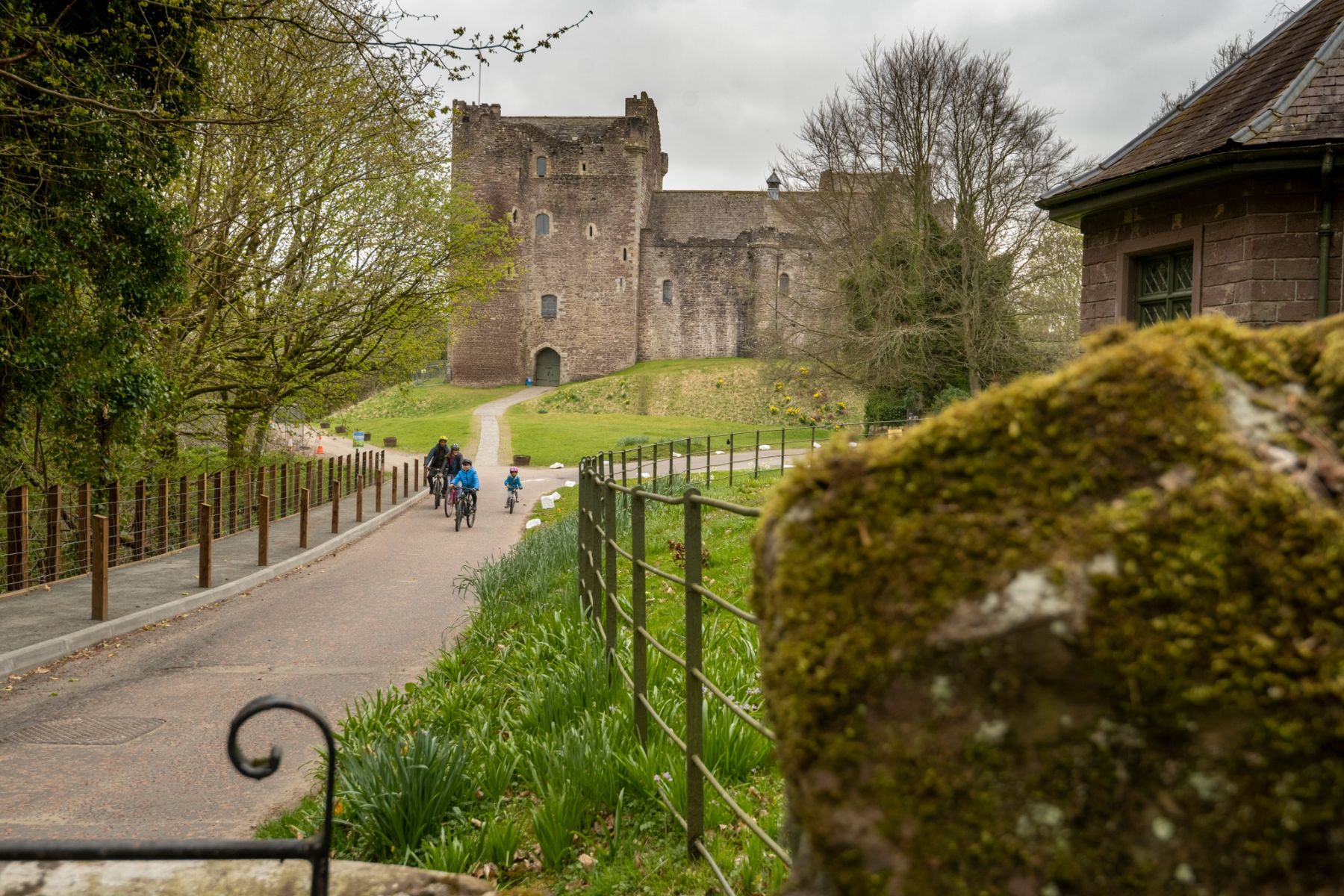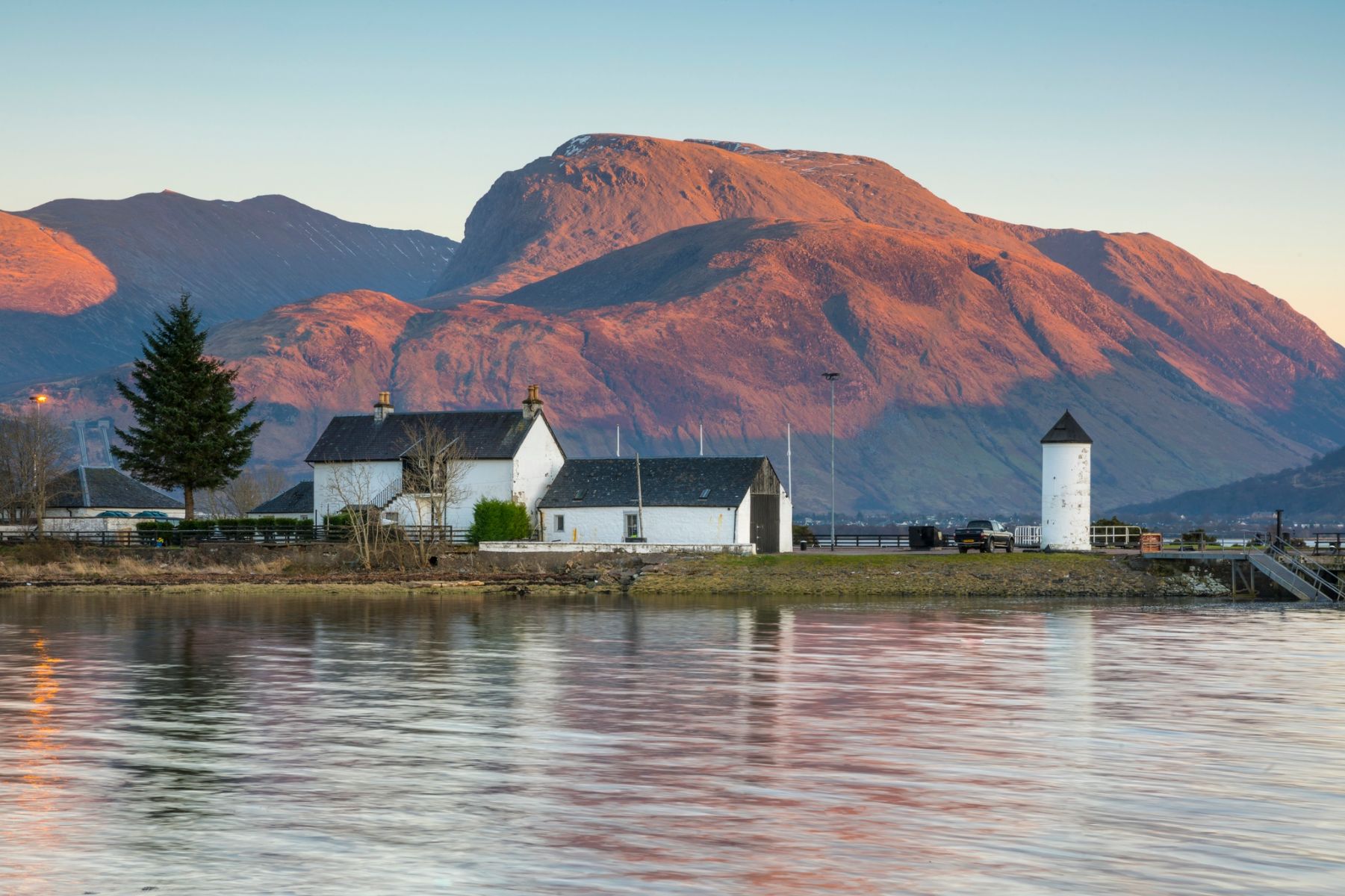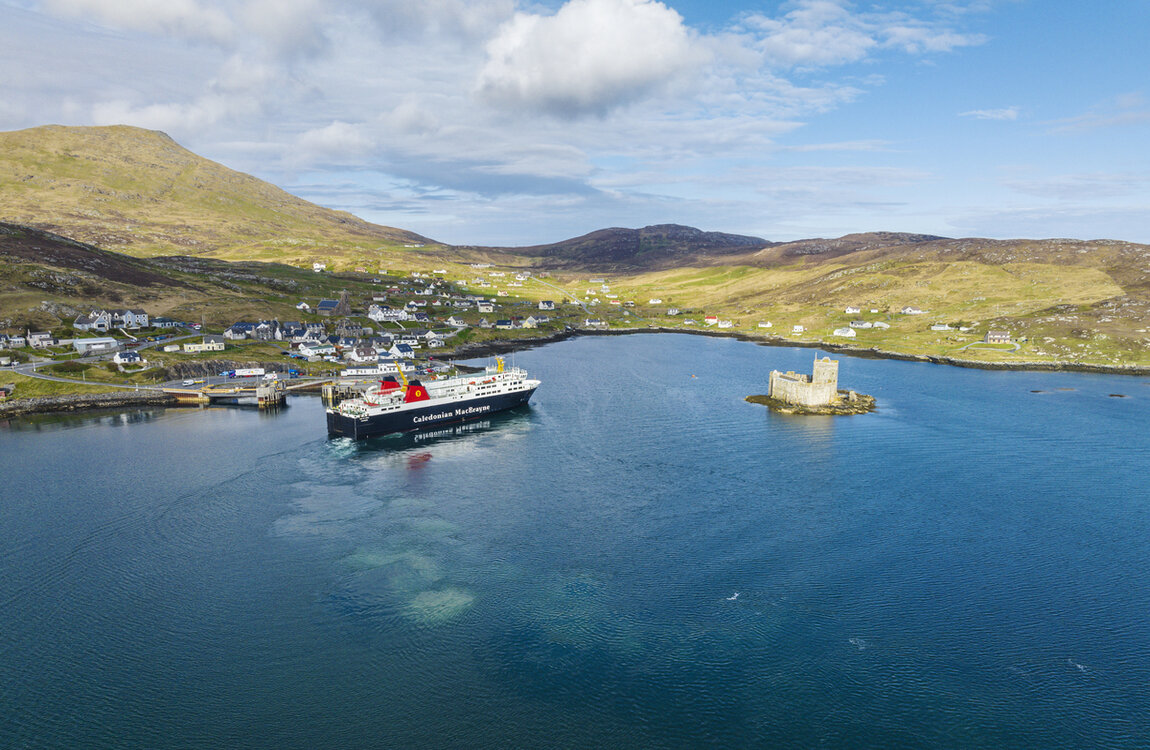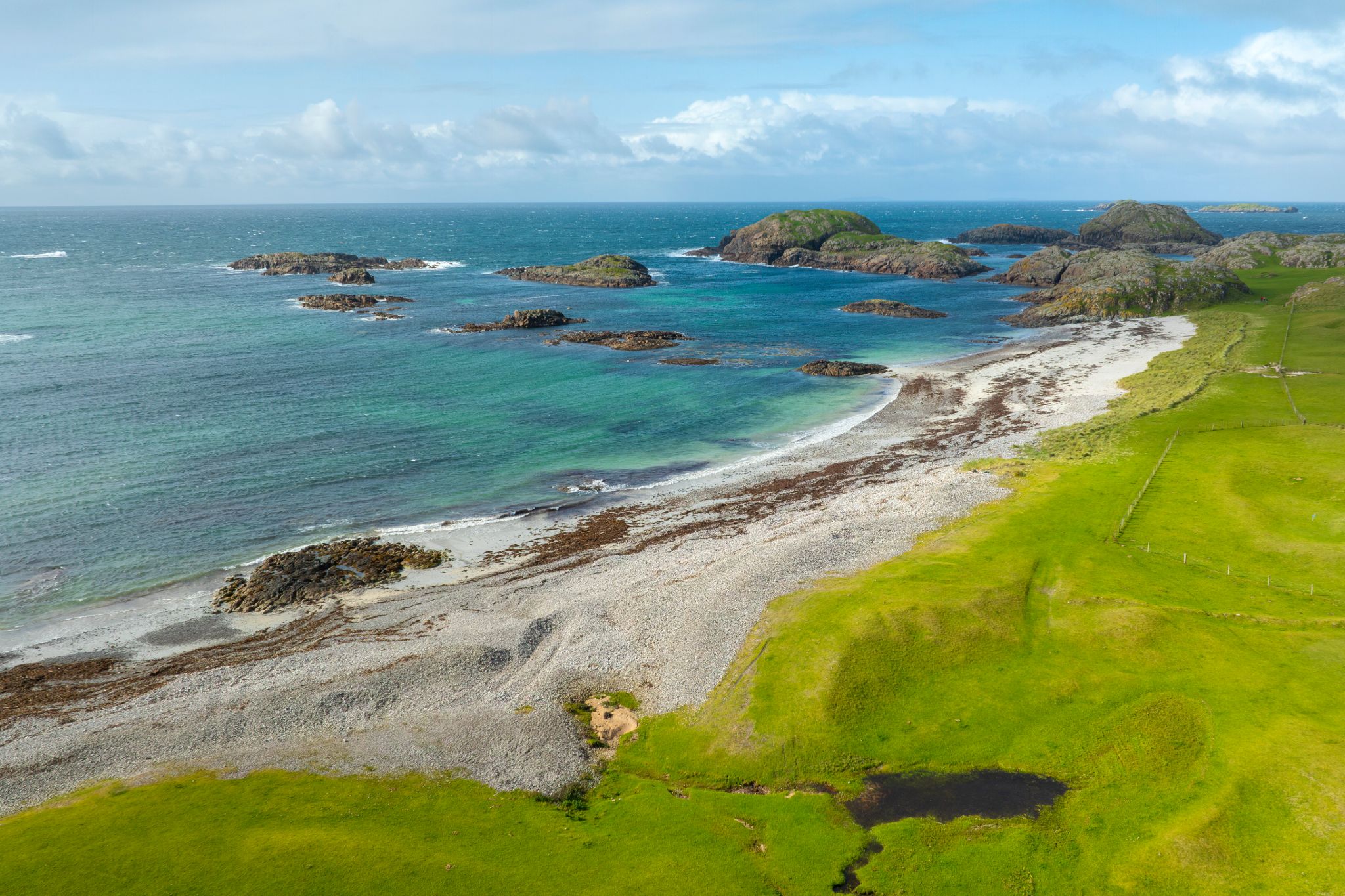Charm local native speakers by learning some useful Gaelic language phrases with LearnGaelic.
In the late 18th century, the Gaelic language was heavily suppressed during the infamous Highland Clearances following the turbulent Jacobite uprisings. Although speakers of the Scottish language were persecuted over the centuries, Gaelic is still spoken today by around 60,000 Scots.
Endowed with a rich heritage of music, folklore and cultural ecology, Gaelic in Scotland is thriving and enjoying a revival! It can be heard in Lowland pubs and at Hebridean ceilidhs. It has even crossed over to popular culture, having been featured in the phenomenally successful TV series Outlander.

Doune Castle
Did you know?
You may not even realise it, but you already do speak some Gaelic!
Whisky
Short form of whiskybae, from uisge-beatha, meaning the 'water of life'.
Gaelic origin, heritage and legacy
The Gaelic community has supplied Scotland with many of the country's national icons, including the kilt, tartan, sporran, bagpipes, ceilidhs, Highland games and whisky!
You'll be surprised how greatly the Gaelic language has been preserved through literature, arts and folklore from across the ages, despite over 200 years of suppression and condemnation. Scottish Gaelic is still vibrant in the modern world, with the Outer Hebrides being the heartland of it.
Today you can still:
- Hear rich Gaelic singing and foot-stomping traditional music in pubs and on streets.
- Immerse yourself in traditional reels, jigs and waltzes and enjoy the party spirit of a ceilidh.
- Absorb the history and customs of Gaelic music and song at one of Scotland's traditional music festivals such as the Hebridean Celtic Music Festival, Harris Arts Festival, Barra Live, Celtic Connections or at various Fèisean (festivals).
- Discover arts and crafts produced by people with Gaelic heritage, including Harris Tweed - a luxurious, hard-wearing fabric only woven in the Outer Hebrides.
Where does Gaelic come from?
The Gaelic language originates from the fifth century in areas including North Eastern Ulster (a small, northern province in Ireland), the Islands of Caledonia, and the north western coastlines of Ireland. Spoken by people called Gaels, the Gaelic language migrated and today there are six Celtic languages remaining: Scottish Gaelic, Irish, Welsh, Breton, Cornish, and Manx.



